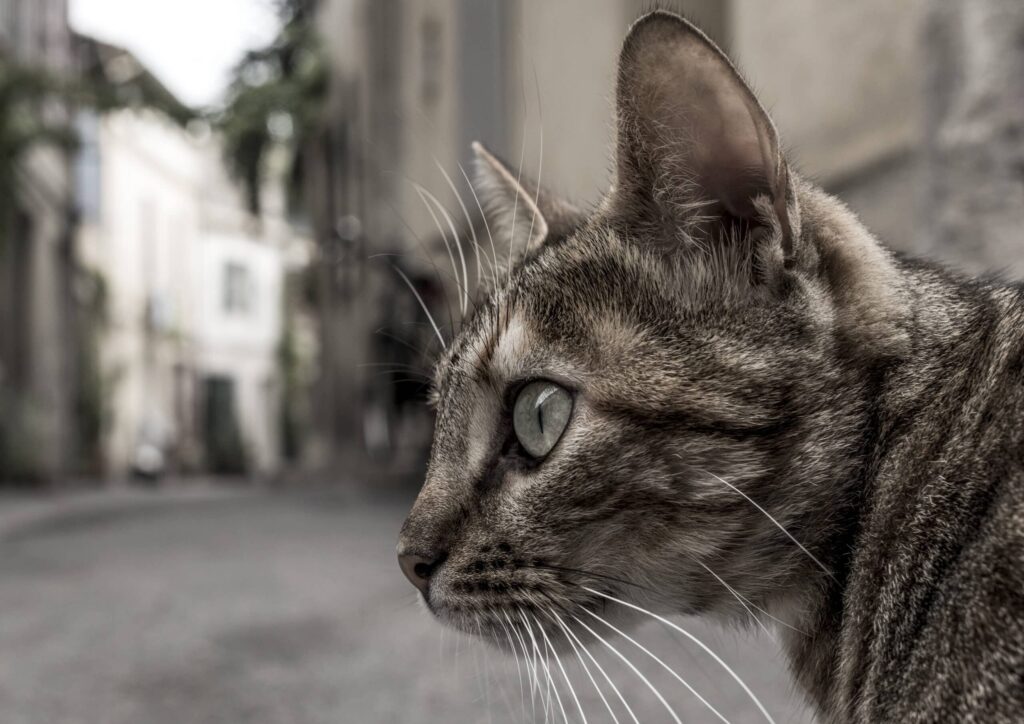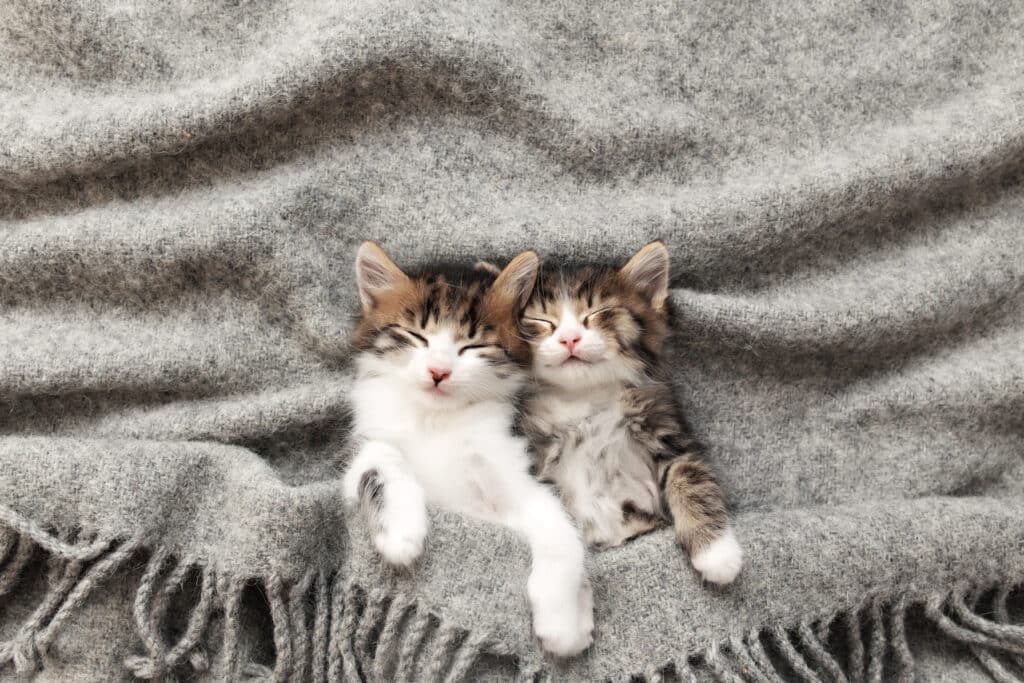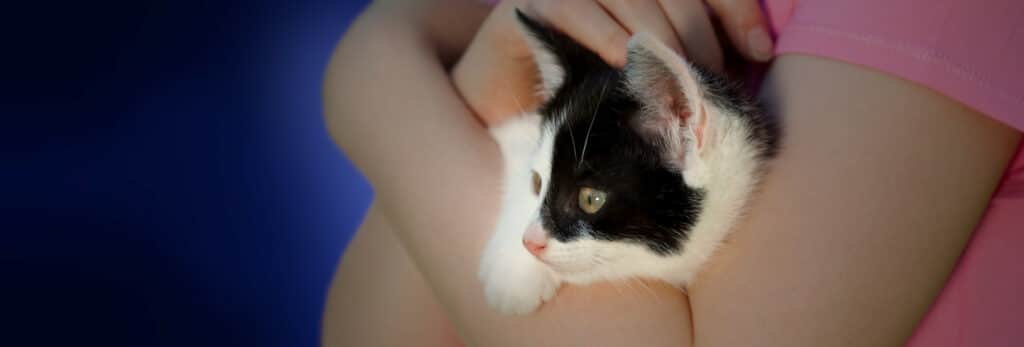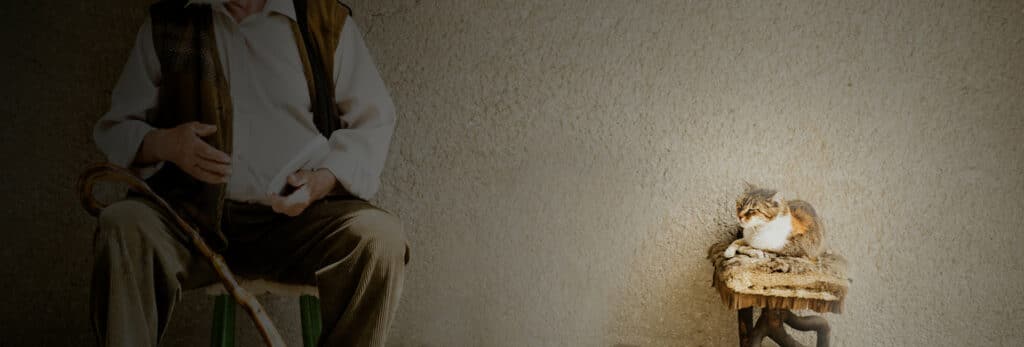
Common medical issues in elderly cats
Cats, like humans, are more likely to experience health problems as they age. Understanding common medical issues in elderly cats and taking precautions will help extend the length and quality of your cat’s life.
Each of the following cards contains one of the six most common age-related medical issues faced by elderly cats. Should you spot any of the symptoms in your cat, take it to the vet as soon as possible.
As in humans, early detection of medical issues in elderly cats often improves both the outlook for a cat and its quality of life.
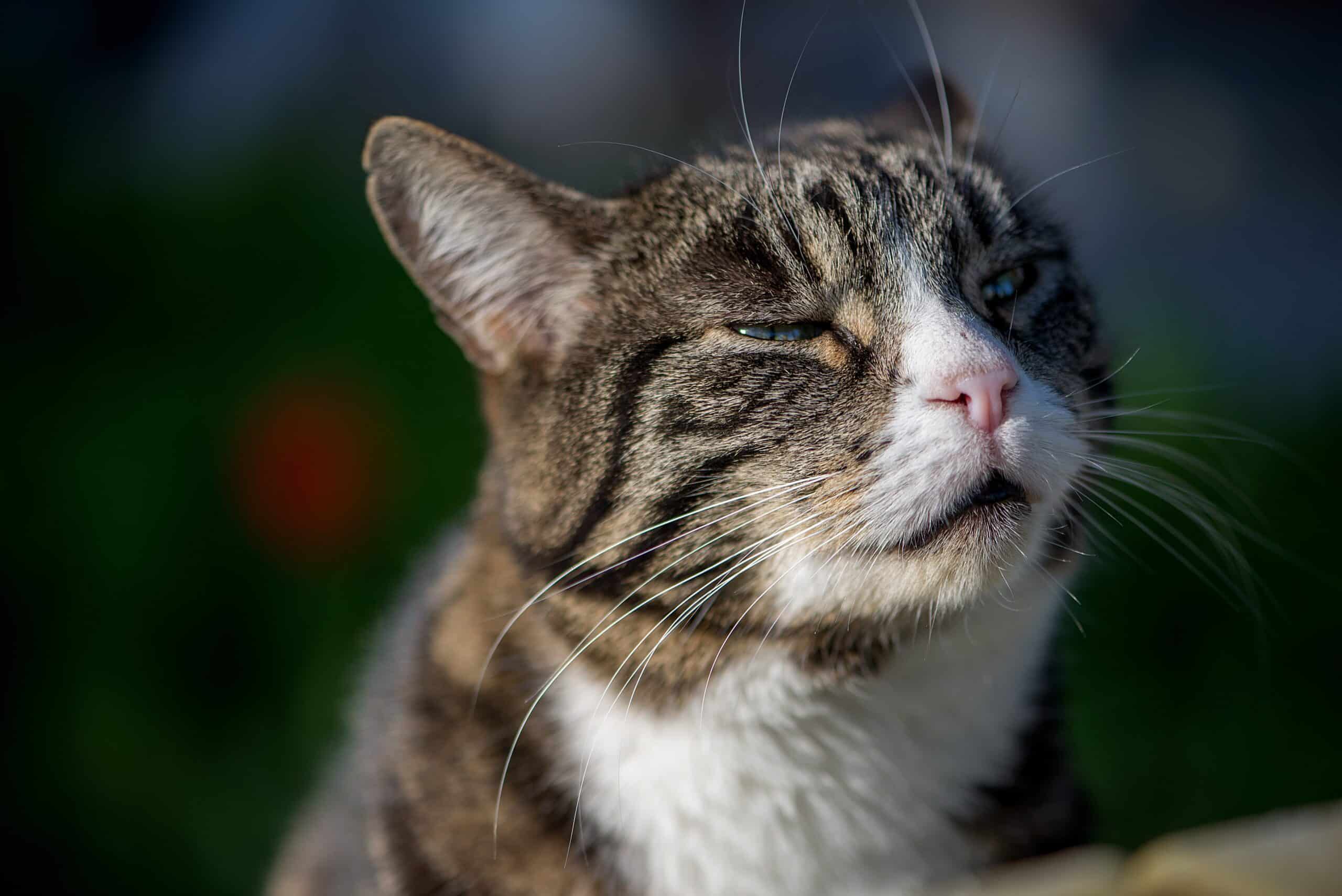
Arthritis
Pain and stiffness in the joints
Symptoms include difficulty jumping or climbing stairs, limping, and reluctance to play. Your vet can diagnose arthritis and suggest treatments including medication, weight management, and physical therapy.
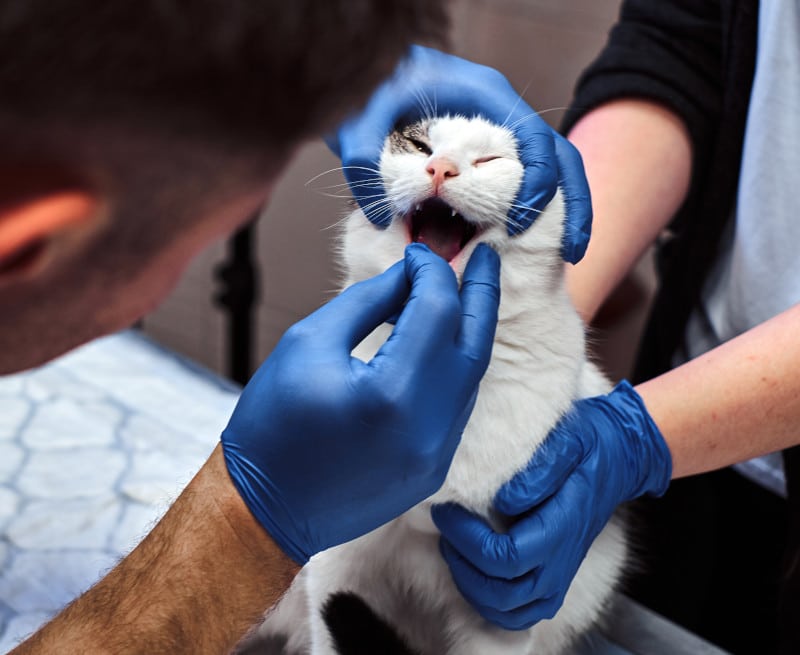
Dental issues
Gum disease and tooth decay
Dental problems increase as cats age and are easily overlooked by its owner. Regular checkups and cleanings are the best way to prevent and/or mitigate dental issues.
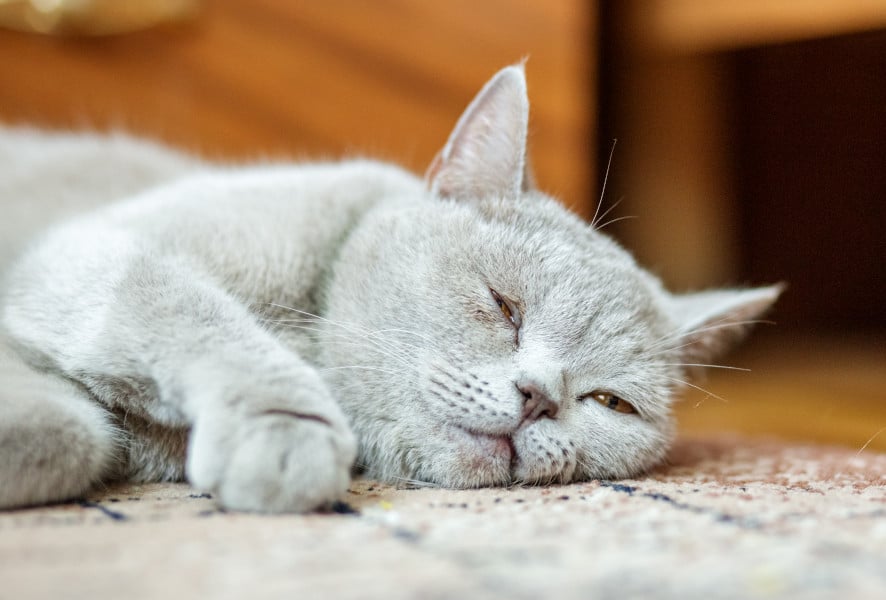
Kidney disease
A common progressive condition
Increased thirst, frequent urination, and weight loss may be symptoms of renal disease. Early detection and treatment help to slow down its progression and improve your cat’s quality of life.
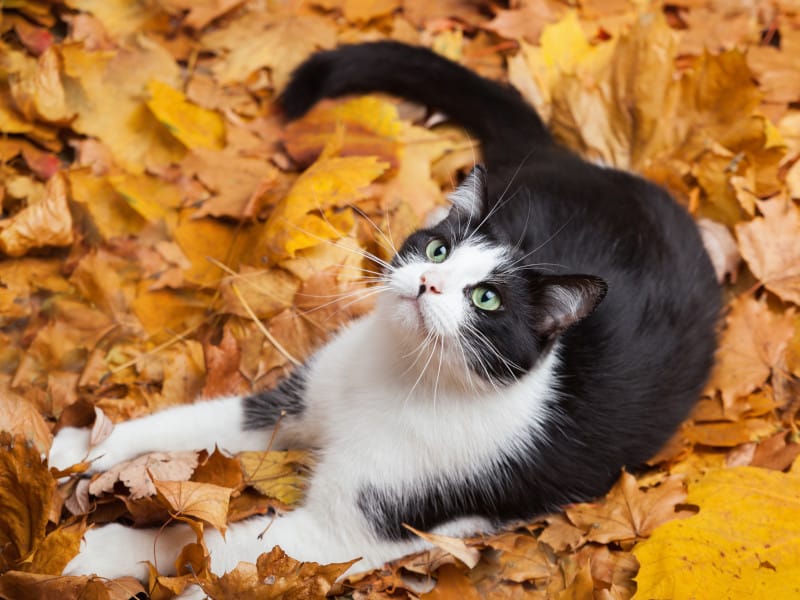
Hyperthyroidism
A common endocrine disorder
If you notice weight loss, increased appetite, and hyperactivity, it may signal hyperthyroidism. Treatments include medication, dietary changes, and surgery.
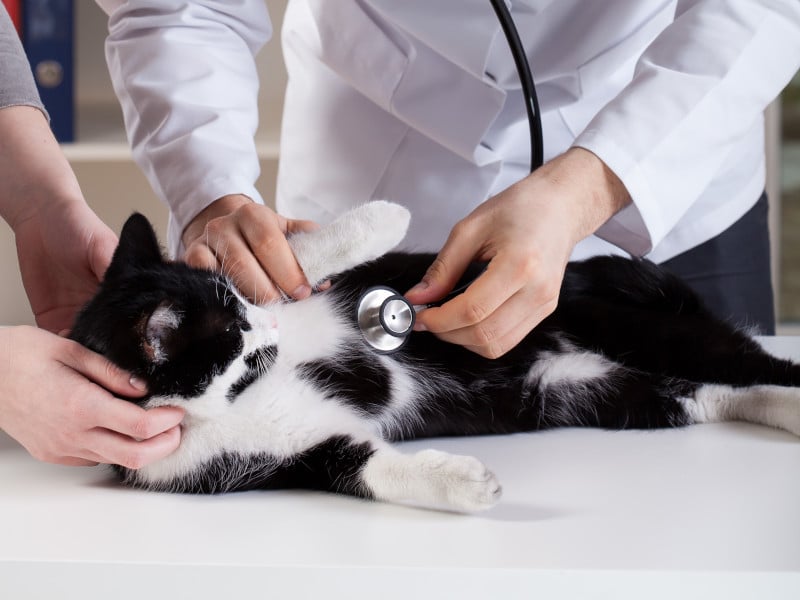
Cardiac problems
Frequently seen in overweight cats
Symptoms include coughing, breathing difficulties, and reduced energy levels. Regular checkups and treatments such as medication can help manage this illness.
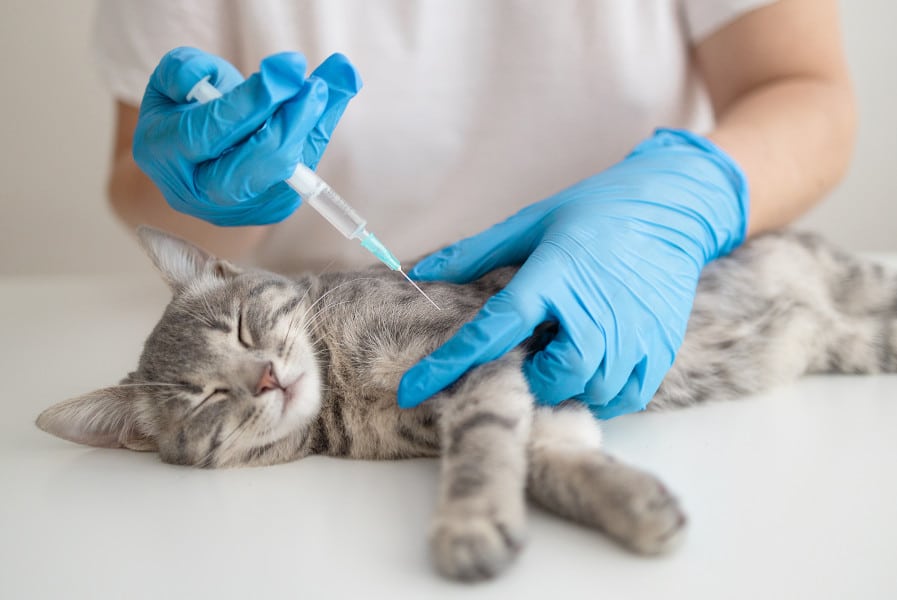
Cancer
Found most often in very old cats
Changes in behavior, loss of appetite, and lumps or swelling may indicate the presence of cancer. As in humans, early detection and treatment greatly improve the chance of a positive outcome.
Keep an eye out for these common medical problems in your elderly cat. If you suspect one of these common illnesses, take your cat to the vet.
Regular checkups by your veterinarian also help to catch a medical issue early. This greatly improves your cat’s prognosis and quality of life.
See also…
- Feline choking hazards
- Plants that are toxic to cats



